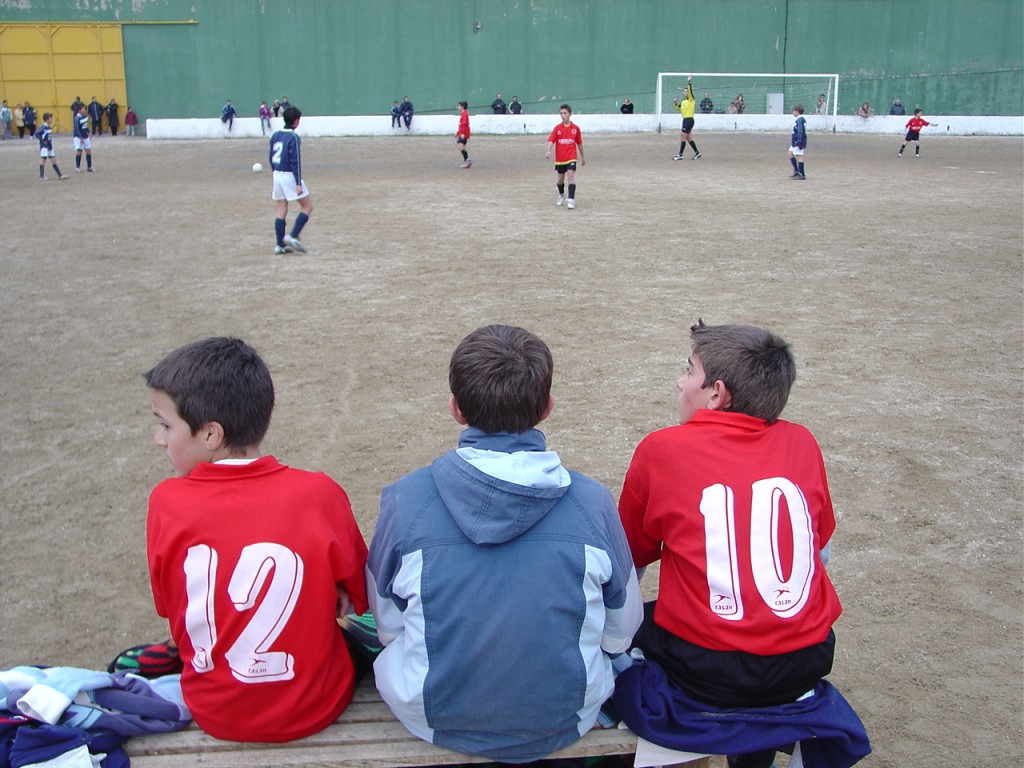Developments in medicine in recent years could not be explained without considering the role of new technologies. Specifically, medical technologies have played a key role in knowledge of the biological mechanisms involved in the behaviour of the human body. Research, development and technological innovation are essential tools, not only to improve the diagnosis and treatment of diseases, but also to increase the quality of life.
In recent years, there has been debate about the hypothesis of whether physical activity stimulates students’ intellectual performance. This hypothesis considers that physical exercise changes neuronal communication in the area for information exchange, which has an impact on brain connectivity and modifies the structure and function of the nervous system.
At the UPC’s Biomedical Engineering Research Centre (CREB), we wanted to bring our knowledge to the above debate, together with members of the BERTA alliance for Biomedical Research and Technology. This alliance, which is formed by the Sant Joan de Déu Foundation for Research and Teaching, the CIT UPC Member Center CREB, the University of Barcelona’s Institute of Biomedicine (IBUB) and the University of Barcelona’s Institute for Brain, Cognition and Behaviour (IR3C), aims to work on projects whose main focus is children. In the health field, the main market is that of adults, and almost all health sector innovations are focused on this population. Solutions need to be specially designed for the paediatric sector, as proposals that have been created for adults frequently cannot be used for children (and when they can, it is often after a considerable delay).
Consequently, we have started a project to assess the influence of physical exercise on intellectual performance in three groups of children: sedentary; previously sedentary subjects who start a physical training program as part of this study; and children who compete at a high level (children in high level sports clubs). Specifically, the aims of the project are:
- Determine biomarkers of synaptic function, and assess cognitive functions before, during and after training, through the use of electrophysiological and computational tests.
- Assess the kinetics of nerve growth factors produced by exercise and relate them to cognitive functions.
- Determine individual genetic variation that predisposes people to greater cognitive benefits of physical exercise.
- Study brain changes caused by physical training, analysed with neuroimaging techniques.
Through some of its different areas (Instrumentation and Bioengineering, Computer Graphics and Biomedical Signals and Systems), CREB has brought its experience and knowledge of applied research and technology transfer to the project, and has proposed new medical technology tools to carry out tests and analyses the results.
Systems developed by the CREB’s Instrumentation and Bioengineering area based on bioimpedance techniques are used to monitor body mass index, and body composition before the study, in the middle of it, and at the end. Physical exercise is also monitored during exercise using actimetry sensors or smartphones, to assess objectively the total levels of daily activity of all the children in the study.
CREB’s Computer Graphics area will design a computer game to automatically measure attention (before and after exercise). The researchers in this area have experience in working with children as end-users. They have advisors from the field of psychology to design attention tests within the game and the software that is developed will work on mobile devices.
CREB’s Biomedical Signals and Systems area will integrate and analyse the data, using advanced statistics, including: longitudinal analyses for consecutive measures of biomarkers and their correlations with clinical variables, training of non-linear multivariate predictive models, as well as the analysis and integration of data obtained from omics platforms.
The results obtained in this study could serve as the basis for recommending specific physical training programmes for schools, designed to improve students’ cognitive abilities and academic performance. Thus, we could move towards a society in which our children will have incorporated healthier habits, gained confidence in themselves and have a higher quality of life when they reach adulthood.
Pere Caminal
Director of the Biomedical Engineering Research Centre (CREB) , CIT UPC Member Center


